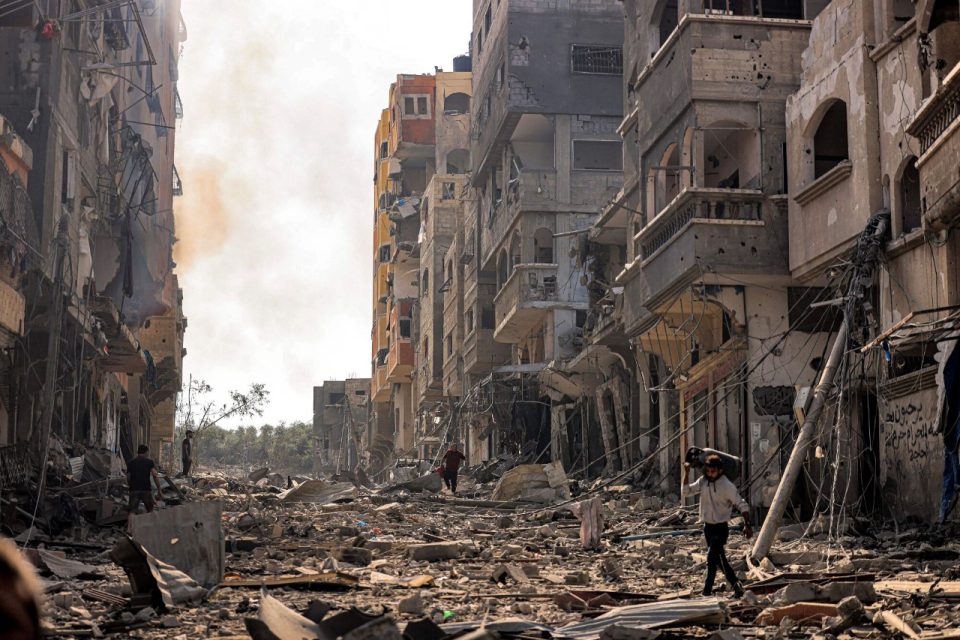The latest upsurge of the conflict between Israel and Hamas has the capacity to not only cause a humanitarian catastrophe but also to disturb the global economy, potentially even pushing it into a recession. The risk is real, as Israel’s army is getting ready to invade Gaza in response to an attack by Hamas, and there is consideration that militias in Lebanon and Syria supporting Hamas may join the conflict.
The impact of this fighting on the world economy is tied to its possibility to disrupt the energy supply and key shipping routes in the Middle East. The 1973 Arab-Israeli war sets as a sharp example of how a conflict in the region can lead to an oil interdiction and downturn in industrial economies. In the present context, the world economy is at risk as it is still getting better from the inflationary effects of Russia’s invasion of Ukraine last year.
According to Bloomberg Economics there are three scenarios for the conflict’s impact on the global economy.
First scenario deals with the conflict confined to Gaza. If hostilities remain limited to Gaza and Israel, the effect on the global economy is anticipated to be minimal. However, stern imposition of US sanctions on Iran’s oil might lead to a tolerable rise in oil prices.
Secondly, proxy war, If the conflict rolled out to the neighbouring countries like Lebanon and Syria, where Iran-backed militants are agile, it would necessarily become a proxy war between Israel and Iran. The situation could result in a 10% rise in oil prices and a risk-off move in financial markets, similar to the Arab Spring. This would open to a 0.3% percentage-point drag on global growth and 0.2% point increase in global inflation.
Lastly, Iran-Israel War, the direct war between Iran and Israel is a low-possibility but a risky scenario. It could lead to an increase in oil prices, potentially reaching $150 per barrel. Such a high increase in oil prices, along with the shutdown of the strait of Hormuz, could result in a 1 percentage point drop in global progress, meeting the criteria for a world recession.
In all the three scenarios, the probability is the same- higher oil prices, increased inflation and slower economic growth. The extensive consequences could include prolonged unrest in the Arab world and implications for the US presidential election. While these scenarios conditioned a framework for concerning potential paths ahead, the real risks and possibilities are more compound and unpredictable, especially in the volatile context of recent years. The hope for a more stable Middle East with recent peace treaties and reconciliation among countries has been exhausted, signifying the encountered influence of geopolitics on economic and market outcomes.
The conflict between Israel and Hamas poses a pivotal risk to the global economy, with the potential for inflation, higher oil prices, and slower growth. The seriousness of these impacts relies on how the conflict develops in the coming weeks or months, making it a situation of global concern.
Photography credits: Mahmud Hams/AFP/Getty Images

